Blunted Immune Response Observed Among Patients Receiving Past Influenza Vaccination
By Alexa Josaphouitch, /alert Contributor
October 8, 2020
According to an article published in The Journal of Infectious Diseases, previously vaccinated subjects exhibited significantly blunted CD4 T-cell responses and diminished antibody responses compared to those who did not receive a vaccine the previous season.
“Although there have been reports characterizing the B-cell and antibody response to influenza vaccination and the impact of repeated vaccination on protection from infection, the characteristics of the CD4 T-cell response have not yet been evaluated,” Katherine A. Richards, David H. Smith Center for Vaccine Biology and Immunology, and her colleagues wrote. “Because CD4 T-cell activation generally precedes B-cell responses, our results suggest that early events in vaccine-induced responses are blunted in repeatedly vaccinated subjects and that diminished recruitment of CD4 T-cell helper cells may underlie the attenuated or modified B-cell response to influenza vaccination.”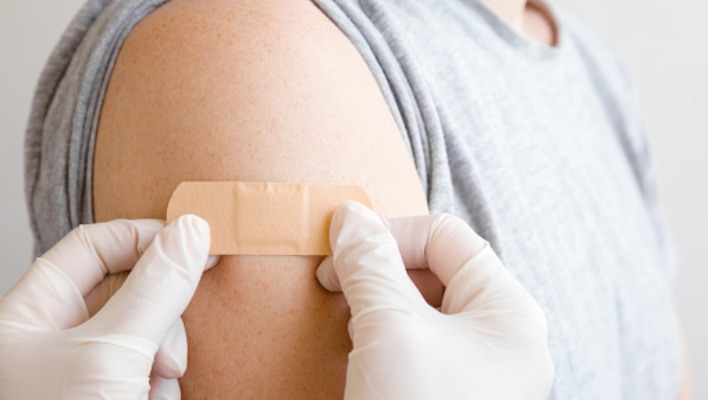
For two successive seasons, 78 healthy adults enrolled in a study to evaluate both their CD4 T-cell and B-cell responses to influenza vaccination. Blood was obtained on day 0 and days 7, 14, and 28 after vaccination with licensed influenza vaccines. At the time of enrollment, subjects self-reported their previous year’s influenza vaccine history. The age range in the two groups was 18-48 and 18-47 years old, means 29 and 27 years old in the vaccinated and unvaccinated group, respectively, with no statistical differences in the ages.
Peptide-stimulated cytokine ELISPOTs was used to quantify hemagglutinin (HA) specific CD4 T cells. CD4 T-cells reactive with epitopes derived from H1, H3, and HA-B were significantly more amplified by day 14 post-vaccination in subjects not previous vaccinated by 2- to 3-fold (P = .0054, P = .004, P < .0001, respectively). Responses to control antigens Tetanus and Rubeola were equivalent (P = .6539).
At day 7, unvaccinated subjects had a more robust CD4 T helper-cell response to vaccination, averaging approximately 3-fold greater T follicular helper cells (Tfh) in the blood than those who were previously vaccinated (P < .0001).
Depending on the HA type, vaccinated subjects showed approximately a 2- to 4-fold gain in serum antibody to HA, whereas subjects who were not vaccinated in the previous year exhibited a 6- to 10-fold increase (H1, P < .0001; H3, P = .0013; HA-B, P = .005). Gains in HAI titers after vaccination were also significantly less robust in subjects vaccinated in the previous year (H1N1, P = .034; H3N2, P = .0009; B-Phuket, P < .0001; B-Brisbane, P = .0006).
Richards and her colleagues believe this study makes it clear that “more work is needed on this topic to dissect the complex events that may be involved in the diminished antibody responses to influenza vaccines exhibited by those subjects who were vaccinated in the previous season.”

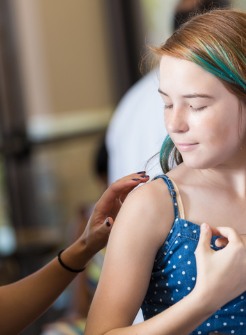
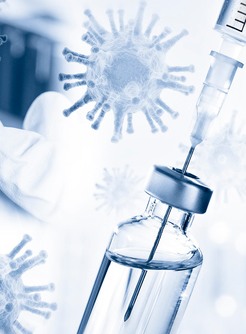
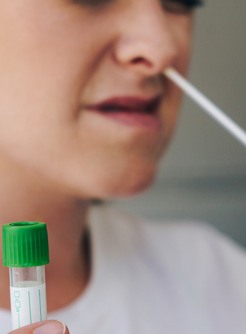
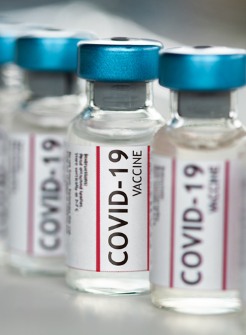
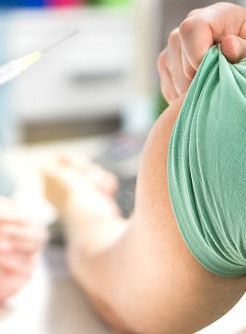
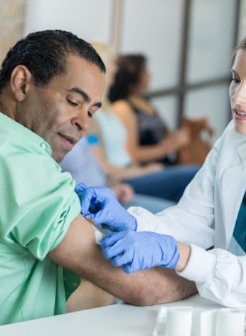
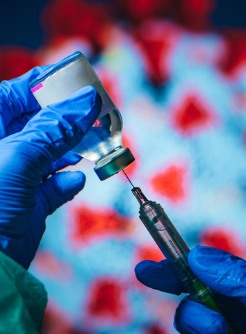
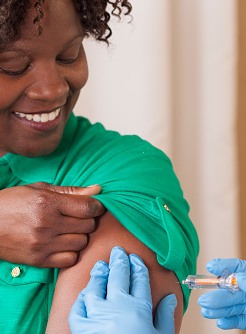

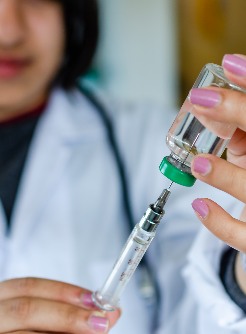
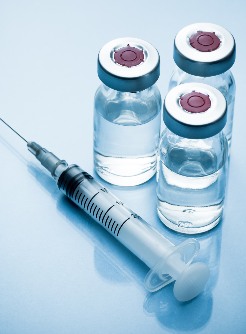

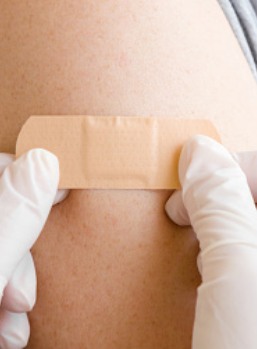


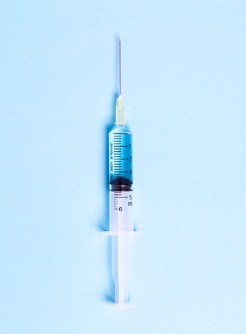
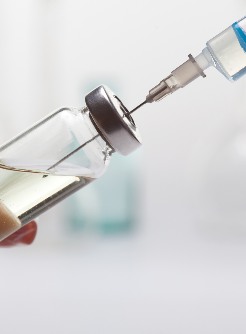
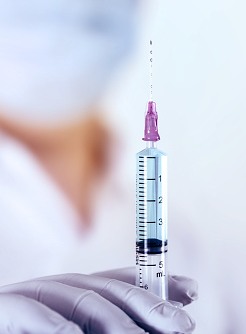
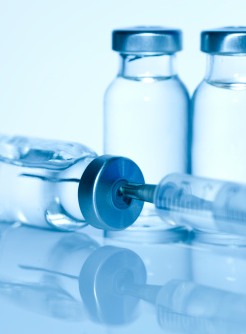

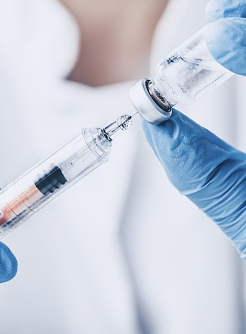
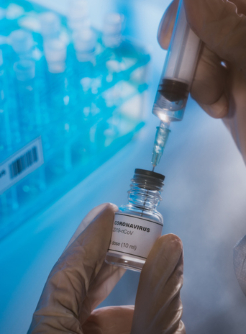
.jpg)
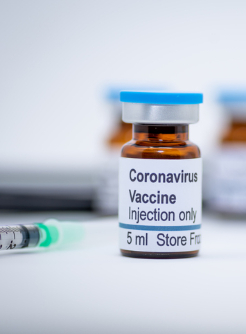

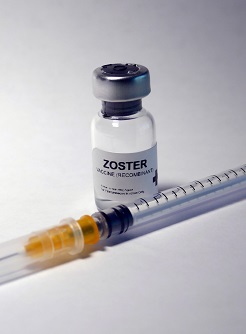
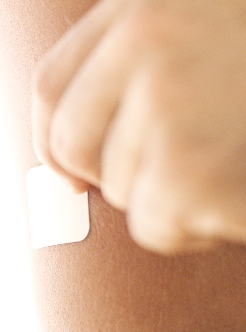
.jpg)
.jpg)
.jpg)